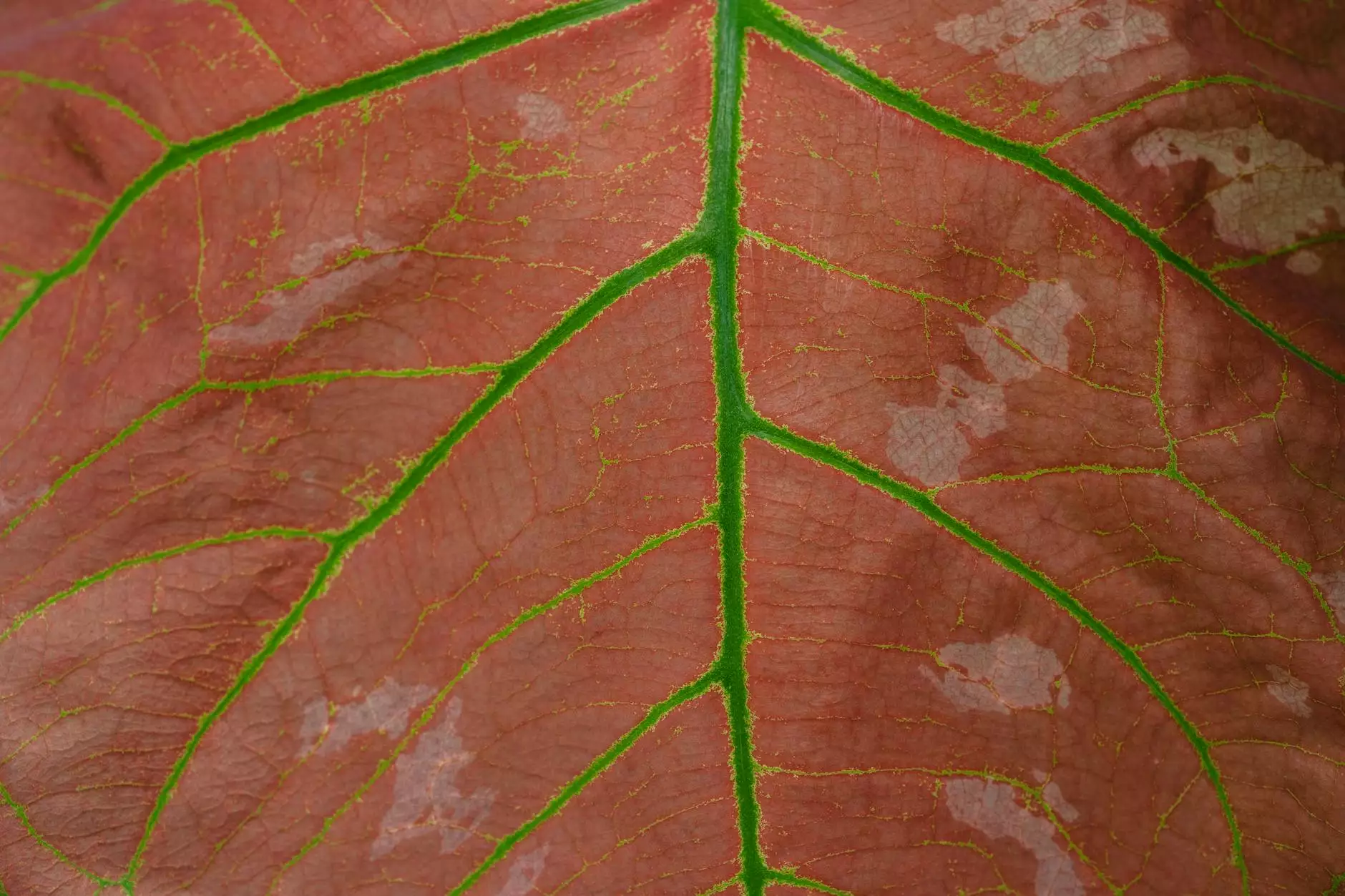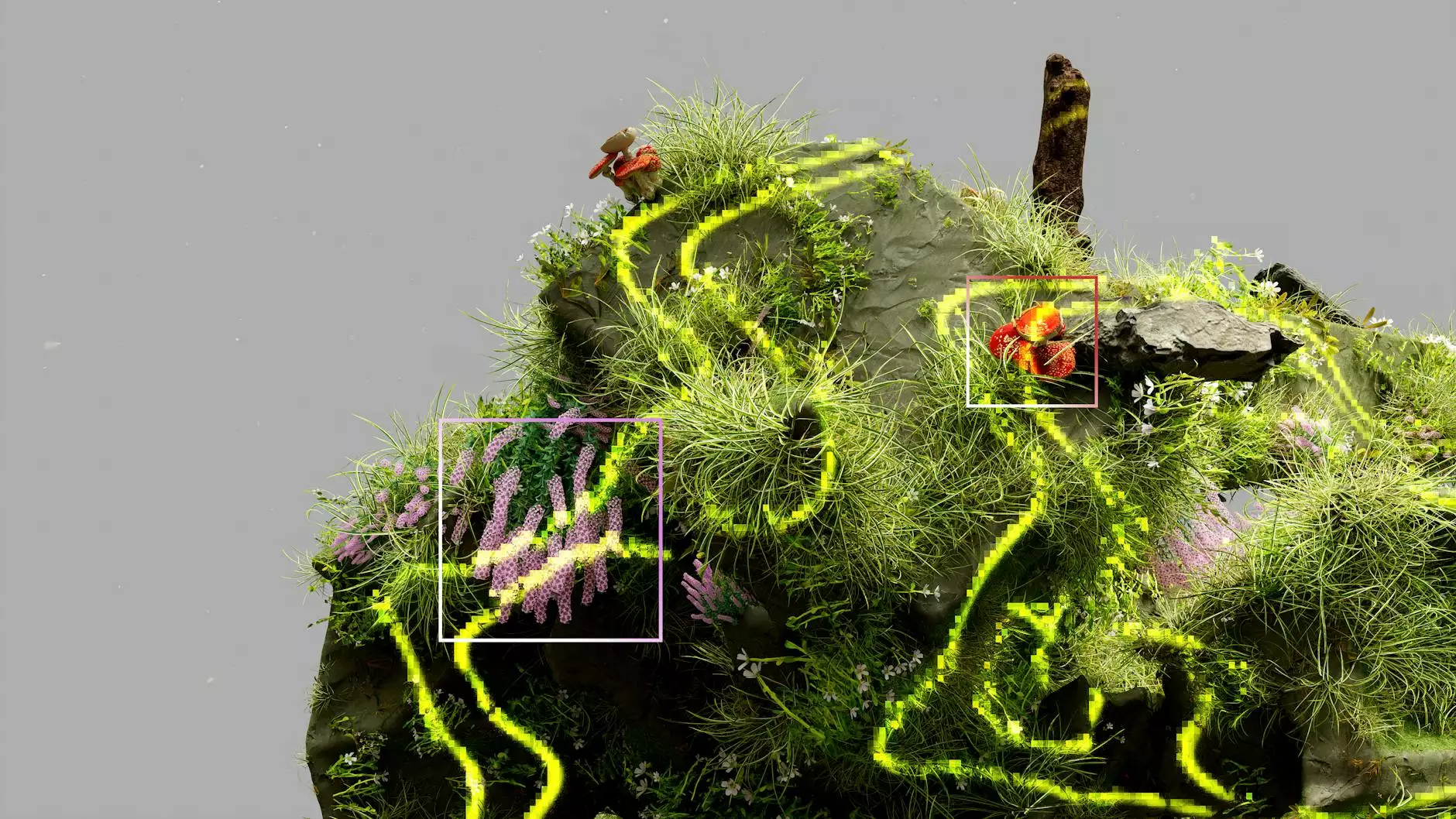Understanding Vein Disease: The Role of a Vein Disease Doctor

Vein diseases, though often overlooked, can have serious consequences for your health and quality of life. A vein disease doctor specializes in diagnosing, treating, and managing conditions related to the veins. Their expertise is crucial in maintaining vascular health and addressing issues such as varicose veins, chronic venous insufficiency, and other related disorders. In this article, we will delve deep into the world of vein diseases, explore the role and responsibilities of a vein disease doctor, and provide insights on how to recognize symptoms, seek appropriate care, and maintain healthy veins.
What Are Vein Diseases?
Vein diseases encompass a range of conditions that affect the circulatory system, particularly the veins. Unlike arteries, which carry oxygenated blood away from the heart, veins return deoxygenated blood back to the heart. When there are abnormalities in the veins — whether due to genetic factors, lifestyle choices, or underlying health issues — various vein diseases can occur.
Common Types of Vein Diseases
- Varicose Veins: Enlarged, twisted veins that often appear bluish or dark purple; they can cause discomfort and a feeling of heaviness in the legs.
- Chronic Venous Insufficiency (CVI): A condition where the veins struggle to pump blood back to the heart, leading to swelling and pain.
- Deep Vein Thrombosis (DVT): The formation of a blood clot in a deep vein, often in the legs; this condition is serious because a clot can dislodge and cause a pulmonary embolism.
- Phlebitis: Inflammation of a vein, which can cause pain and swelling and may lead to further complications.
- Venous Ulcers: Open sores that can develop on the legs as a result of poor blood flow and circulation.
Causes and Risk Factors of Vein Diseases
Understanding the causes and risk factors of vein diseases is essential in preventing these conditions. While some factors are genetic, others are lifestyle-related.
Genetic Factors
A family history of vein diseases can significantly increase your risk. If your parents or siblings have experienced issues such as varicose veins, you may be more likely to develop similar problems.
Lifestyle Choices
Certain lifestyle choices can also contribute to the development of vein diseases. Key factors include:
- Obesity: Excess weight puts additional pressure on veins, making it harder for them to function effectively.
- Lack of Physical Activity: Sedentary lifestyles can lead to poor circulation, contributing to various vein issues.
- Smoking: Tobacco use can damage blood vessels and reduce circulation.
- Prolonged Standing or Sitting: Occupations that require long periods of standing or sitting can increase the risk of venous disorders.
Symptoms of Vein Diseases
Recognizing the symptoms of vein diseases is crucial for early diagnosis and treatment. Some common symptoms include:
- Swelling: Persistent swelling in the legs or ankles.
- Pain or Heaviness: Discomfort, aching, or the feeling of heaviness in the legs.
- Skin Changes: Discoloration, bruising, or changes in skin texture near the affected veins.
- Ulcers: Non-healing sores on the legs.
- Visible Veins: Noticeable veins that are larger or darker than normal.
When to See a Vein Disease Doctor
If you experience any symptoms related to vein disease, it is crucial to seek evaluation from a vein disease doctor. Early consultation can facilitate effective management and treatment, preventing complications down the line. It’s especially important to seek help if you experience:
- Severe pain or swelling in the legs.
- Changes in skin color or temperature.
- Any sudden onset of symptoms like severe swelling or pain.
The Role of a Vein Disease Doctor
A vein disease doctor is trained to diagnose and treat a variety of venous disorders. They employ a mix of clinical evaluation, imaging studies, and non-invasive testing to determine the best course of action for each patient.
Diagnosis
Upon your visit, a vein disease doctor will typically carry out the following steps:
- Medical History Review: Discussion of personal and familial medical histories, with a focus on symptoms and risk factors.
- Physical Examination: A thorough examination of the legs and affected areas, assessing for swelling, visible veins, or skin changes.
- Ultrasound Imaging: A non-invasive ultrasound may be utilized to visualize blood flow and identify any obstructions or abnormalities in the veins.
Treatment Options
Once diagnosed, treatment options will be tailored to the specific condition and the patient’s overall health. Common treatment methods include:
- Compression Therapy: Use of compression stockings can help improve blood circulation, alleviating symptoms and reducing the risk of complications.
- Medication: Medications may be prescribed to manage symptoms or to treat underlying causes, such as blood thinners for DVT.
- Minimally Invasive Procedures:
- Endovenous Laser Therapy (EVLT): A procedure that uses laser energy to seal off varicose veins.
- Radiofrequency Ablation: Similar to EVLT, this method uses radio waves to heat and close affected veins.
- Sclerotherapy: A treatment that involves injecting a solution into the vein to make it fade and eventually disappear.
- Surgical Options: In more severe cases, surgical interventions may be necessary to remove or ligate problematic veins.
Preventive Measures and Lifestyle Changes
While genetics play a significant role in the development of vein diseases, there are preventive measures and lifestyle changes you can implement to minimize your risk:
- Maintain a Healthy Weight: Keeping your weight in check can reduce the pressure on your veins.
- Stay Active: Regular exercise, especially activities that promote leg movement, can enhance circulation.
- Avoid Prolonged Sitting or Standing: If your job requires long hours in a seated position, take breaks to walk around and stretch.
- Wear Compression Stockings: These can provide additional support for your veins and improve circulation.
- Hydrate Well: Adequate fluid intake is essential for maintaining overall vascular health.
Conclusion
In conclusion, vein diseases are common yet serious conditions that can affect your overall health and well-being. The expertise of a vein disease doctor is invaluable in recognizing, diagnosing, and treating these conditions effectively. By understanding the causes, symptoms, and treatment options available, you can take proactive steps towards maintaining your vascular health. Remember, early intervention is key to preventing complications associated with vein diseases. If you suspect you have a vein issue, don’t hesitate to consult with a qualified vein disease doctor to ensure your veins remain healthy and function optimally.
For more information on vein health and treatment options, visit us at Truffles Vein Specialists.









